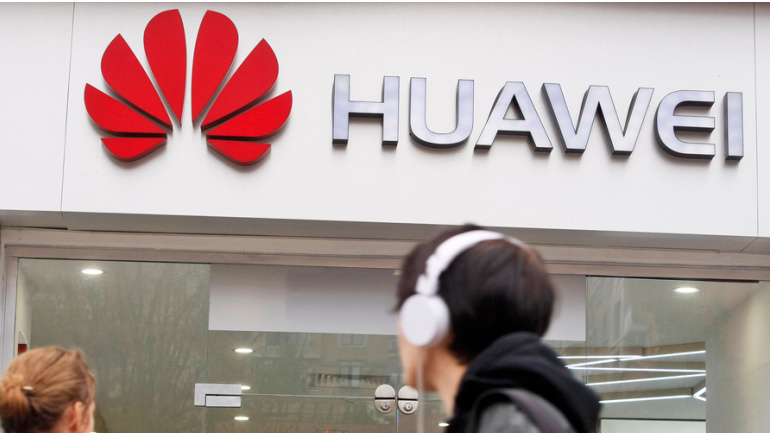Unveiling a new dimension to their collaboration, Ericsson and Google aim to enhance Cloud RAN solutions leveraging Google’s Distributed Cloud. This endeavor, targeting seamless automation, orchestration, and incorporation of AI and machine learning, promises wide-ranging benefits for communications service providers. Observations from the Ericsson Open Lab revealed the power of the Google Distributed Cloud in extending network functionalities, opening exciting new possibilities in the telecoms landscape.
Amazon’s sizable investment in one AI provider shakes up AWS’ traditional neutral stance on supporting multiple AI models—a game-changer with implications for large tech players and telecommunication operators. The recent announcement to commit up to $4 billion to Anthropic, a competitive stakeholder in AI, could alter customer experiences and sway preferences towards their Claude AI model. The telecoms industry’s reaction remains crucial as operators navigate the expanding AI revolution.
Huawei recently unveiled the groundbreaking Xinghe Network large model at the prestigious HUAWEI CONNECT 2023 event. An industry first, it paves the way for advanced network digitalization and enhanced industry intelligence. Harnessing the power of large-scale data and expert knowledge, this model heralds a new era in telecommunications, introducing exceptional features like multi-dimensional awareness, predictive capabilities, and optimized decision-making assistance. Its comprehensive advantages notably include proactive anomaly detection, enhanced application experience and proactive network security strategies.
While the UK initially took the lead in 5G deployment, recent metrics suggest a shift, with the UK now trailing behind other countries in 5G download speed and coverage. Despite these setbacks, the UK’s 5G journey is far from finished. This communication revolution isn’t just about winners or losers, but about creating a conducive environment for businesses to thrive, thus promoting economic growth and job creation.
EchoStar, in a strategic partnership with The Things Industries, enriches its European IoT strategy by introducing a terrestrial element. With The Things Industries’ unique server technology, EchoStar aims to facilitate uninterrupted, real-time communication for IoT devices via terrestrial or satellite channels. While no specific application cases were disclosed, a limited-time trial service provides customers with a glimpse into their orchestrated offerings.
The UK’s popular Lake District, plagued by poor mobile service, is set for an upgrade with EE boosting its masts’ performance. The upgrades, part of the ambitious Shared Rural Network program, will improve coverage across less-accessible communities, attempting to achieve 95 percent UK coverage by 2025. While enhancing connectivity in the countryside, meeting an impending 2G and 3G network phase-out, these improvements respect the natural landscape and cater to rural communities’ unique needs. This project is hailed for supporting local lifestyles, businesses, tourism and potentially enabling fresh opportunities.
Telecom operators tapping into satellite partnerships could see a tremendous financial boost, as Juniper Research predicts a revenue uplift of US$17 billion from 2024 to 2030. With reliable geostationary orbit satellites from operators like SES and Intelsat, these partnerships promise dependable connectivity and advanced billing infrastructure to a broad customer base. Significant advancements are expected within the satellite-based 5G network landscape, transforming coverage, throughput, and resilience.
Vodafone Idea recently dismissed rumors of a possible acquisition by a U.S. telecoms giant, causing industry analysts to prod for the hidden undertones. Some speculate that Vodafone’s denial opens the door for unnamed contenders, as the company strives toward recovery. This intrigue has elevated share prices, indicating a potential deal. Yet, the evidence behind these speculations remains elusive. Stay with us for more revelations.
To uncover the dark secrets behind this staggering figure and delve deep into the issue of AIT fraud, we sat down with Tim Ward, the Vice President of Number Information Services at XConnect. With over three decades of experience in the telecoms industry, Tim Ward brings a wealth of knowledge and insights to the table. At XConnect, he has taken the helm of the Number Information Services division, leading initiatives in sales, marketing, and product management. Under his guidance, XConnect has launched innovative services that set new standards for access to network, service, and user information.
Disrupting the UK telecom marketplace, Jetty emerges as a transformative white-label platform, reshaping the customer experience pathway for fibre retailers. With a holistic approach integrating sales, order management, customer service and more, this platform allows Altnets and Communication Service Providers to focus on growth. Jetty’s unique selling point? Fully automated, compliant residential fibre customer journeys, the only SaaS in the UK offering this feature. Founded by visionaries Alex Hollingdale and Vinny Casey, Jetty foresees expansion across various product categories and geo-locations, promising limitless scalability in aiding telecom retailers’ success.













